Variables
On October 13, I celebrated 15 years of continuous sobriety.
Nice, right?
The length of time no longer surprises me. I’m not sure if that’s a good thing or a bad thing. It’s not good to get too comfortable in sobriety, that’s for sure. I’ve witnessed plenty of individuals who have felt so confident in their sobriety that they drink. If this seems counterintuitive to you, it’s likely that you haven’t spent much time in relation to an addict or in reading this blog. We are the types of people who put the “intu it” into counterintuitive.
I hope that the reason I lose track of this milestone’s significance is because sobriety is so a part of who I am that staying sober is no longer remarkable.
Which is, in itself, quite a remarkable thing.
I freely admit (and I must always remember) how immensely difficult life was without a drink or a drug 15 years ago. My addiction was absolutely crippling. What began as a fascination with what alcohol can do for me in a social sense became complete and utter reliance on alcohol to face the fundamental goings on in my life.
My life is so absolutely better without alcohol that staying sober nearly goes without saying.
Only, because I’m an alcoholic, letting that fact go without saying could kill me. Having this blog, and other platforms and programs I use to reflect on my life, serves as a consistent reminder of what I need to do to continue living the life I now lead.
It’s similar to the mechanisms of gratitude. We are rarely prompted to appreciate the things we have. More often, in our engagement with media-writ-large, we are prompted to desire the things we don’t. There is no such thing as a global citizen, in my opinion. The world is too big for us to form a healthy role in it. We need to find our niche in smaller communities and inter-personal relationships.
A colleague explained to me how Snapchat works because his son is now on it. It’s so obviously clear that these sorts of enterprises are not engineered for our betterment, but to foster a sense of insecurity so deep-seated, that there is only one cure: more time on Snap.
The sober life is the anti-Snap. It is doing things because they are the right thing to do, not because they bring about a particular award. It is cashing in on the invisible Kingdom of Heaven or achieving the self-mastery known as Nirvana. It is Krishna telling Arjuna to stop worshiping the results of his actions. Whatever your religious discipline, the judgement from the ages is in: self-esteem is not administered by the world—it is a gift we can only give to ourselves.
Long-term recovery is a case study in the substitution method in life’s algebra.
First, you solve the problem: you stop drinking.
Next, you plug in an alternative variable in the problem: work, money, praise, prestige, porn.
Last, you plug the problem back into the original formula to solve it all over again.
Maybe my first sober obsession was exercise. Exactly why was I working out 2 hours every day? It wasn’t so that I can feel my absolute best. Healthy exercise has a middle ground. It does not include the physical crushing of muscles over and over again. There was something else going on. I was hooked on that feeling of breaking my body down. Drugs work because they manipulate our hormone response. Exercise is a good substitute. You can achieve the similar release of dopamine and endorphins.
What’s difficult is learning how to manage the release of those hormones. If you’re like me, you take what feels good and find a way to reenact that feeling over and over again—even if it kills you.
One might be asking what the point of sobriety is if you just live in a revolving door of substituting one fix for another. And they would be asking a great question.
My response would be that when I substituted exercise for drugs, everything else in my life improved dramatically.
In the algebra of life, what you substitute to solve your life’s problems matters. Finding the best variables to take the place of the lesser variables is important.
This is important because the human operating system is not a mathematical equation. If the roadmap to happiness was this formulaic than the secrets to life could be printed in a textbook. But God’s universe is far more layered and complex. This, I think, is also what makes life so incredibly beautiful. We have to discover our own equations, and which variables improve our lives.
This journey never ends. The variables are infinite. Discovering how they play into your psyche is fun. There is always something new to discover. And as the habitable globe becomes seemingly more mapped, charted, and converted into data that is ultimately weaponized against us, the discovery of what variables work becomes the rarest of journeys.
The world is making it increasingly possible to measure everything you deem to be worthwhile. But most of what is worthwhile cannot be contained in any form of measurement: it’s the things that brighten your day, it’s service to others, it’s laughter that you can’t control, it’s unstructured time with the people you love, it’s giving your absolute all no matter the outcome.
So, 15 years into this journey, and how do I feel?
I’m still on step 1, people. And the minute you hear me write that I’ve got it figured out, you can write a nasty comment to wake me up. The most masterful teachers are servants themselves:
Have you heard of Irena Sendler? She was a social worker who helped smuggle more than 2,500 Jewish children out of the Warsaw ghetto.
Her story was largely hidden until a group of high school students in Kansas uncovered it for a school project. They traveled to Poland to meet Sendler a war hero. But she rejected the nomination. She told them, “I only did what any decent person would do.”
That is the sort of mindset I long to have for myself: doing the right thing is its own reward.
If sobriety is your next right thing, then the spoils are only one step away.

 Previous Post
Previous Post Next Post
Next Post
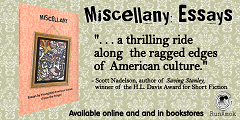
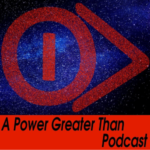

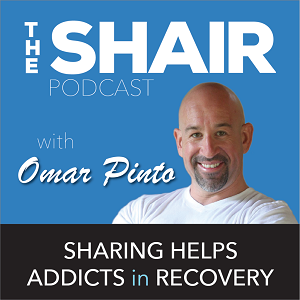
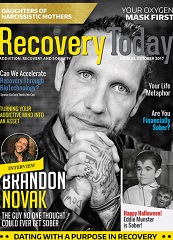
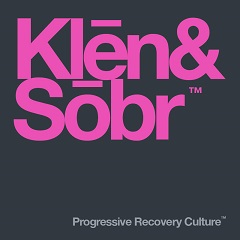

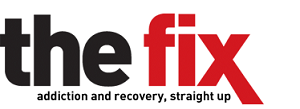

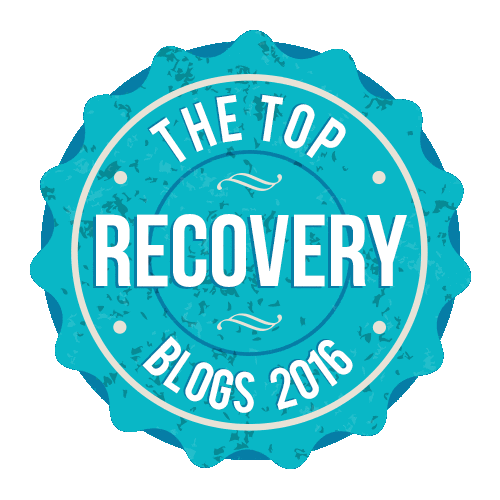
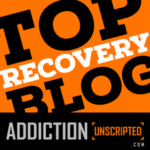
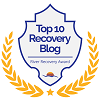
Thanks Mark. I love the idea of “symptom substitution”–where instead of having a mid-life crisis and buying a car and having an affair one doubles down on doing a Warrior Run or doing a blog. Jonathan Swift wrote that some people’s self-interest causes them to serve only themselves but other’s self-interest leads them to serve others (the idea is that the self-interest of the religious is to make it to heaven). Some people find in their “symptom substitution” a terror management system that makes them healthier and the people around them better–like you do.
Love this!
Good piece of writing
Nice one Mark. Thanks for the read.
As always good topic being in the present and appreciatting the moment is whats it is all about
Thank you for sharing your update and nuggets of wisdom…. Stay humble and truen